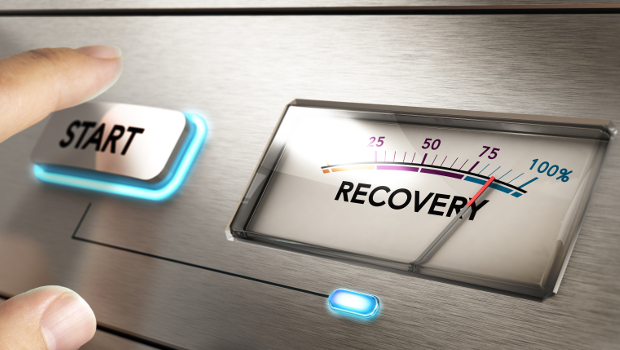
Coronavirus prep could spark better disaster recovery
Back-up and disaster recovery systems often do not get the respect or budget that they deserve, and despite its potentially dire dangers, the coronavirus COVID-19 could help change that.
Most things you would do to prepare for the disease are no different than what you should normally be doing but concerns about the virus might help accelerate existing plans or to reconsider some long-standing policies.
Prepare for a mobile workforce
Most employees are already very mobile and do most of their work on laptops and mobile devices, so it is perfectly reasonable to think that your company is prepared for a mobile workforce. However, just because your employees can work from virtually anywhere does not necessarily mean that you are prepared for all or most of them to be mobile all of the time. Do not underestimate the degree to which face-to-face interaction is at the core of how you do business.
If your company strongly encourages workers to stay home in response to the virus a significant portion of your company might be working from home for extended periods of time. From a data-protection standpoint; this significantly increases the chances that important intellectual property will be created outside of your data centre. If your company currently relies on storing such data on file servers or similar systems, remote employees will probably not be able to use such systems easily. As a result, they will create and store important data directly on their laptops, leaving centralised company storage out of the picture
This means that you should probably examine your company’s policy regarding data protection of laptops and mobile devices. Many companies do not provide back-up and recovery for mobile devices, despite the fact that most experts feel they should. Now might be a good time to do so.
The main reason early attempts at laptop back-up failed was users would kill the back-up process because it slowed them down, and it cost too much. The good news is several providers can back up your laptops and mobile devices in such a way that users never realise back-ups are running.
A common alternative to mobile device back-up is a centralised communication and collaboration system, such as Office 365 or G-Suite. Employees should be trained in the ways to best use these them so intellectual property is stored there versus on the laptop only.
Protect SaaS data
The more you rely on SaaS products like Office 365 or G-Suite, the more you will want to ensure that the data stored there is properly protected. Be sure to examine the service agreement each vendor provides to see what, if any, backup and recovery services they provide. Most SaaS providers do not offer any.
Do not confuse features like the ability to restore a deleted email within the service itself with actual back-up and recovery (that would conform with 3-2-1 Rule, which calls for baking up three copies on two different media, one of them off-site). Most of these features use versioning, not back-ups, to provide this functionality. If something catastrophic were to happen to your account, most SaaS vendors have no ability to restore it, and have nothing in their service agreement that says they will even attempt to do so.
Consider cloud-based backup and DR
If the worst happens and your IT staff is unable to physically manage your data centre, your company might have trouble responding to a disaster. Most traditional systems require physical presence and the moving around of physical media.
Cloud-based, fully automated disaster recovery services are available. If your company used one you could fail-over your entire IT infrastructure without ever having to be physically present anywhere. All your data and services would be automatically migrated and run from the cloud, which could free you up to handle other issues. (A fully automated DR system is also a great way to prepare for ransomware attacks — something else that is happening way too much these days.
Don’t panic
Design and implement a back-up and DR system that can handle the worst, and you will be able to ride out any doomsday scenario with ease. Then you can focus on the truly important asset — keeping your people safe.
IDG News Service






Subscribers 0
Fans 0
Followers 0
Followers